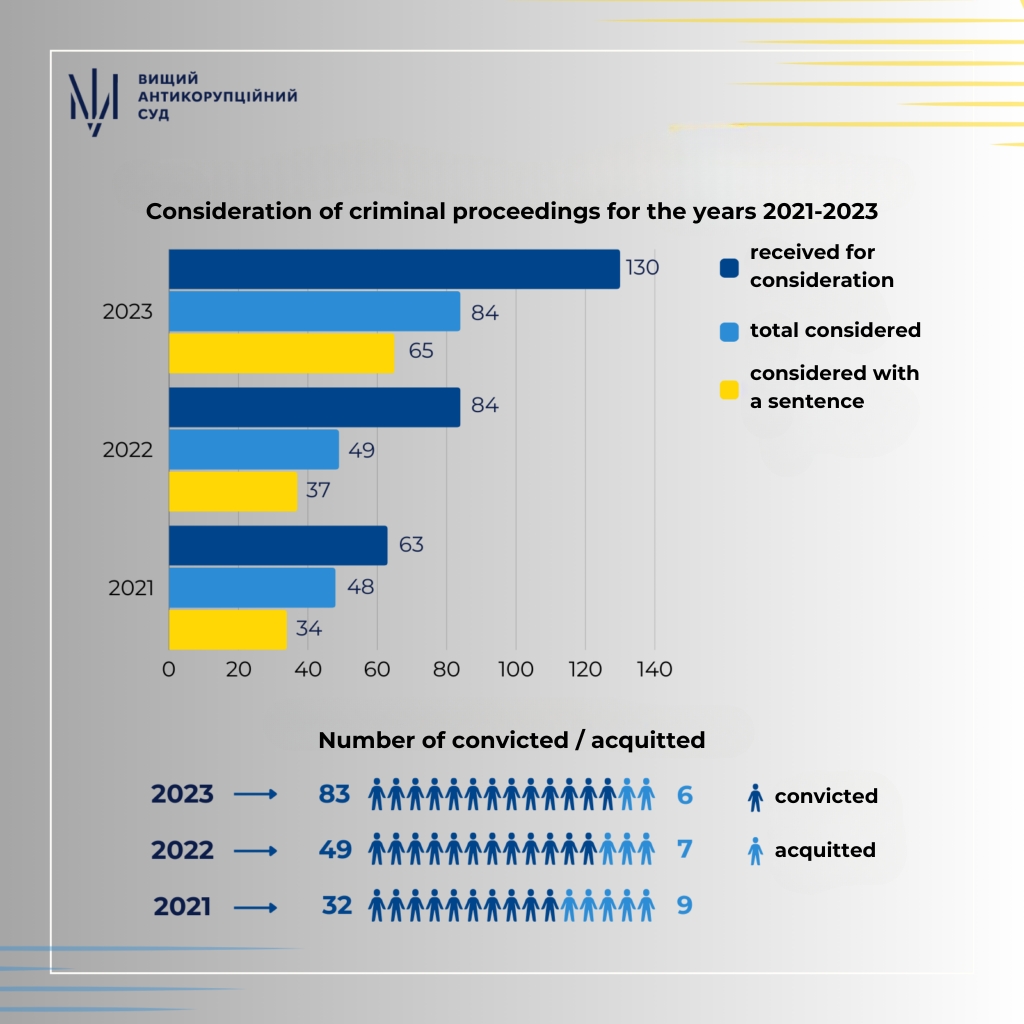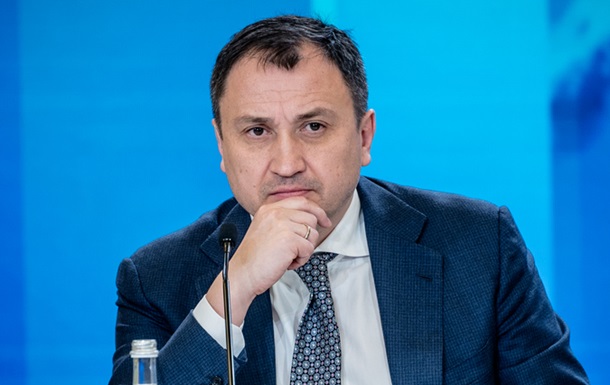Ukraine's Agriculture Minister Mykola Solskyi was arrested on 26 April 2024 by the High Anti-Corruption Court, which ordered him to pay a $2 million bail. The minister, who resigned a day before and had his resignation accepted by parliament on 9 May, is accused of misappropriating state-owned land worth $10 million and attempting to seize an additional $6.3 million worth of land between 2017 and 2021, before he took office.
The arrest of Solskyi marks an unprecedented case in Ukraine's fight against corruption, as it is the first time a sitting minister has been detained and charged by the country's anti-corruption institutions. The case, investigated by the National Anti-Corruption Bureau (NABU), not only exposes the alleged wrongdoings of a high-level official but also underscores the challenges Ukraine faces in combating graft and reforming its land privatization processes, which have been exploited by oligarchs and officials since the 1990s.
The case and the accusation
Solskyi is suspected of misappropriating state-owned land worth UAH 291 million ($10 million at the time of the crime) and attempting to seize additional land valued at UAH 190 million ($6.3 million at the time of the crime). The minister denies the charges. The accusations pertain to a period of 2017-2018 when Solskyi was not serving as a minister.
The alleged crime happened before Solskyi was elected as an MP in 2019 and appointed minister in March 2022. Before his career as a politician, he was a co-founder of Ukrainian Agrarian Holding and, since 2007, became the founder of seven and the beneficiary of ten agricultural enterprises. From March to August 2019, he worked as a lawyer at Protsyk and Partners.
The investigators say that the criminal group led by Solskyi included officials from the State Geocadastre (land registry) and individuals who were in charge of controlling the Geocadastre. The scheme participants ensured the destruction of documents that granted two state enterprises in the Sumy Oblast the right to use the land permanently.
Due to the absence of these documents, the regional State Geocadastre issued an act of unauthorized occupation of these land plots. Subsequently, with the help of officials from the regional State Geocadastre, the land plots were transferred to predetermined citizens under the guise of exercising their right to free land. However, a condition for obtaining land ownership was signing a lease agreement with a private agricultural holding before the moment of acquisition.
As a result of the scheme's implementation between 2017 and 2021, the participants are accused of misappropriating 1,250 land plots with a total area of 2,493 hectares, valued at over UAH 291 million ($10 million at the time of the crime). They also attempted to seize an additional 3,282 hectares of land but were prevented by NABU detectives and prosecutors of the Special Anti-Corruption Prosecutor's Office, who conducted searches and arrested the land plots.
"Currently, the incumbent minister, who is an organizer of the scheme, two officials at the State Geocadastre bodies, and a person who facilitated the crime have received the suspicion notices. The process of handing suspicion notices to other participants in the criminal scheme is ongoing," NABU notes.
In addition to Solskyi, his deputy Markiyan Dmytrasevych was also charged with illegal land transactions.

The issue of the privatization of state land
Hundreds of similar cases are being investigated in Ukraine, and these are only the ones known to law enforcement officers. NABU reported that the bureau is investigating 11 criminal cases related to the activities of the National Academy of Sciences, which inherited huge plots of land from the USSR that were not yet legally privatized but instead were often exploited by private companies using grey schemes, similar to the one described in the case of Solskyi.
This case is generally an illustration of the reasons why corruption and oligarchs emerged in Ukraine in the 1990s in the context of large-scale privatization and the absence of proper state regulations.
Generally, everyone in Ukraine benefited from registering ownership of their flats and land plots. Sagacious people bought cheap state-issued ownership certificates from factory employees or took more land under control through various schemes involving intermediary owners and rent agreements.
While such practices were common in the 1990s, numerous reforms implemented over the years, especially after 2014, have made them increasingly difficult to perpetrate. The current NABU investigation into Solskyi's alleged misdeeds represents a notable case, demonstrating Ukraine's commitment to ensuring the rule of law and monitoring the activities of top officials.
Bigger picture of new Ukrainian anti-corruption institutions
Solskyi's case marks the first time an incumbent Ukrainian minister has been accused of embezzlement and arrested by the country's newly established anti-corruption institutions.
Following the Euromaidan Revolution in 2014, anti-corruption reform was among the most sought-after changes by Ukrainians. The reform process culminated in 2019 with the creation of the High Anti-Corruption Court of Ukraine—a separate court featuring a rigorous selection of judges, involving internationally invited experts to ensure the court's independence.
The court was designed specifically to investigate cases involving top officials. Two other institutions, the National Anti-Corruption Bureau of Ukraine (NABU) and the Special Anti-Corruption Prosecutor's Office (SAP), were tasked with investigating high-level corruption and presenting charges to the court.

Since its establishment in 2019, the High Anti-Corruption Court has handed down 184 sentences in cases involving corruption or abuse of official position. The court's productivity has steadily increased over time, beginning with initial cases and relatively minor precedents in 2019 and culminating in a significantly higher number of verdicts in the past two years. In 2023 alone, the court convicted 84 individuals, compared to 49 in 2022 and 32 in 2021.
According to Inna Kalugina, judge-speaker of the Appellate Chamber of the High Anti-Corruption Court, between 2019 and 2022, the court convicted 85 officials for corruption or abuse of official position. This includes:
- two|MPs convicted for abuse of power or official position related to the illegal receipt of housing rent compensation
- nine judges convicted of accepting, promising, or receiving improper benefits, and two more judges found guilty of abuse of influence;
- 16 managers of state enterprises -- the largest category of individuals convicted in corruption cases;
- four heads and representatives of municipal councils were convicted for misappropriation, waste of property, or taking possession of it by abusing their official position.
Among the court's most notable sentences was the sentencing of an ex-MP to 13 years in prison and the confiscation of property worth over UAH 0.55 billion ($15 million).
In another case involving Motor Sich, a company that supplied engines to Russia despite the ongoing war, the court confiscated assets belonging to the company's top managers, including real estate, bank account funds, shares in several companies, and various securities.
In one of the largest cases, the court convicted Volodymyr Agafonov, the chairman of the board of Real Bank, for embezzling the bank's funds, sentencing him to 11 years in prison and ordering the confiscation of his property and assets worth a total of UAH 6 billion ($157 million).
The court is currently considering the case of Vasyl Lozynskyi, the ex-deputy minister of the development of municipalities, territories, and infrastructure, who is accused by NABU of soliciting $400,000 in illegal benefits.
On 10 May 2024, the court began proceedings in another case against incumbent MP Andriy Klochko, suspected of illegal enrichment, and ordered him to pay a bail of UAH 12 million ($300,000) during court hearings.
Read also:
- Sunset of the oligarchs: Ukraine’s war-time nationalization of strategic enterprises rectifies past sins
- Decentralization — a true success story from Ukraine
- Ukraine holds first-ever confiscation of illegal assets
- Ukrainian High Anti-Corruption Court confiscates Russian oligarch’s assets
- Here is how Ukraine can finally prosecute top-corrupt officials

